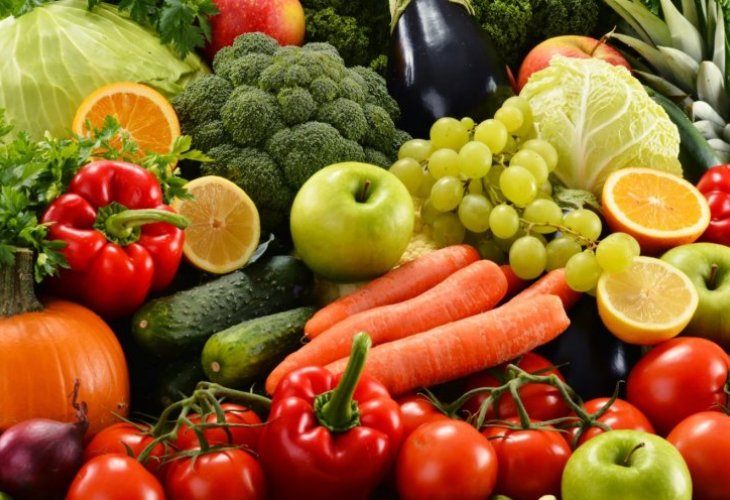Health and Mind
Nourishing Body & Soul with Vitamins
Explore how vitamins keep us strong, where they come from, and how Jewish tradition guides healthy nourishment
 (Photo: shutterstock)
(Photo: shutterstock)Taking vitamins only on the recommendation of naturopaths, doctors, or dietitians!
Vitamins are essential nutrients found in food that are crucial for life. These organic compounds are needed in very small amounts but play an enormous role in maintaining health, forming part of enzyme function. Your body needs just small quantities of vitamins, but without them, essential systems don’t work well.
Vitamins fall into two groups, fat‑soluble (A, D, E, K) and water‑soluble (the rest). Vitamin F refers to essential fatty acids (EFA) that our body can’t produce on its own.
Fruits and veggies are excellent sources of most vitamins. These nutrients help with processing food into energy, forming blood cells and hormones, supporting the nervous system, and aiding digestion. They also prevent disease and reduce risk of chronic conditions.
Some vitamins your body can make like vitamin D, produced by the skin in sunlight, or vitamin K and B‑vitamins, made by good gut bacteria (e.g., acidophilus found in yogurt and sauerkraut). But others must be consumed through food.
The only vitamin often recommended as a supplement is B12, especially for vegans. Plant‑based eaters may not get enough from food alone, and while some B12 is produced in the gut, supplementation is wise for those avoiding animal products.
Animal‑derived vitamin A can be toxic in excess. That’s why beta‑carotene found in orange fruits and veggies is safer; your body converts it into vitamin A as needed.
The Discovery of Vitamins
In 1906, scientist Frederick Gowland Hopkins fed mice a diet with pure fats, carbs, protein, salt, and minerals. Without milk added, the mice died. With milk, they thrived, a sign that something else in milk kept them alive (vitamin A). In 1912, Polish‑Jewish chemist Casimir Funk named these substances "vitamins" (from Latin vita, meaning life). He also isolated vitamin B1, vital for preventing nerve diseases like beriberi. In 1929, Hopkins and Eijkman won the Nobel Prize for vitamin discoveries.
How Did We Decide Daily Amounts?
Recommended Daily Allowances (RDA) set global minimums by age and gender to protect against deficiency diseases like scurvy or beriberi. But RDAs don’t account for climate, lifestyle, or rising environmental toxins.
Natural medicine also offers Optimal Daily Allowances (ODA), higher than RDAs, designed to promote better overall health and not just prevent disease. Because our world now has more toxins and stress, these higher intakes can be helpful.
Why Vitamin Reserves Matter
Over our lifetimes, vitamin levels in our bodies decline gradually:
Teen years: a quiet decline and no obvious symptoms.
20s–30s: lower enzyme activity and more fatigue, mood changes, digestive issues, weakened immunity.
30s and beyond: early chronic illnesses may appear such as diabetes, hypertension, etc.
Later years: if declines continue, chronic disease burdens may lead to mortality.

